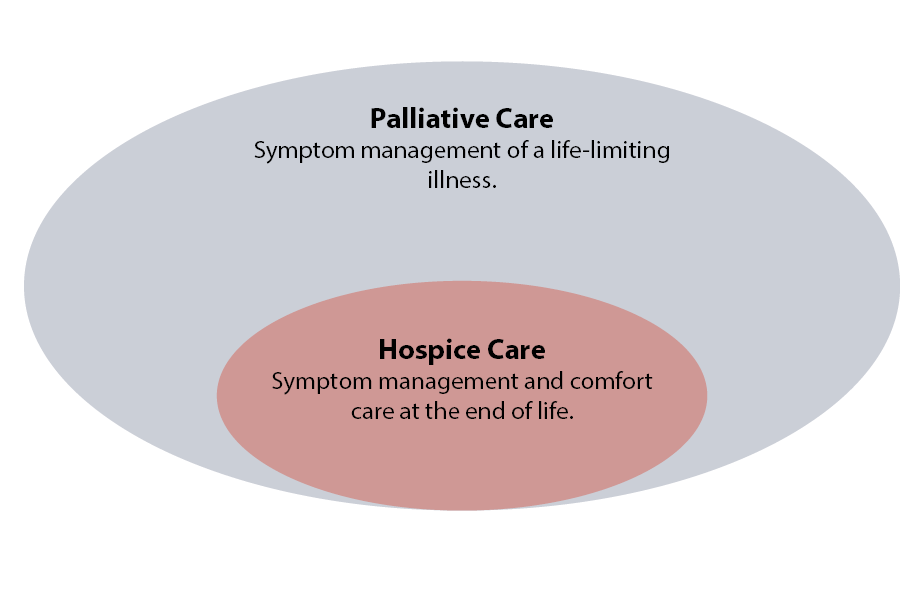Table of Content
Hospice and home health care share some similarities, but the two approaches to care address distinct patients with unique needs and goals. A home health aide may also be recommended to assist with Activities of Daily Living such as assistance with transfers, bathing, grooming and dressing. To paint a broader picture of what our services look like and help you determine what services you need, we’re diving into the differences between Home Care and Home Health Services.

Home care provides non-medical services to seniors who need help with the activities of daily living, such as grooming, housekeeping and meal preparation. Home health care provides medical care, including skilled nursing and therapy. It can take place in the patient’s home, a nursing home or in a hospice care facility. Many people assume hospice is only called in the final moments of life. However, studies show that pain and symptom management is more effective when delivered earlier in the disease process. Fully covered by Medicare, Medicaid, and most private insurance plans and HMOs, hospice is more about living than dying.
What Are Licensing Requirements for Home Care and Home Health Care Providers?
The goal of home health is to help people recover from a medical incident or to teach the patient and their family how to perform the necessary care on an ongoing basis. Many people in the care at home industry use terms like “home health” and “home care” interchangeably. At Axxess, we have developed two separate and distinctly different solutions for home health and home care to accommodate for their differences.
This service can be temporary, for example, an older adult recovering at home from a serious health issue or injury, or it can be long-term for someone who suffers from a chronic illness. Home health care is typically prescribed for treatment of a chronic condition or to help a patient recover from surgery or an injury. Unlike hospice, a patient must be homebound to receive Medicare benefits for home health services. The duration of home health services depends on the patient’s care plan and goals. Typically, a prescription from a doctor will be required to obtain these services, which are then administered by a health care professional, like a registered nurse, licensed practical nurse or a therapist. By comparison, home care is significantly more affordable than home health care, making this type of care accessible to a wide range of individuals.
Health Care VS Healthcare – What’s The Difference?
Patients receiving hospice may transition to home health if their condition improves enough that they are no longer eligible for hospice. Respite care places the patient in a care facility for five days and five nights to provide relief to the caregiver. To qualify for home health care coverage, patients have to meet certain eligibility criteria. For example, they must be considered homebound, which means they have limited ability to leave their home without help. If you have Original Medicare, Part A and Part B, you pay nothing for the home health services and 20 percent of the Medicare-approved amount for any durable medical equipment .

This type of specialized care helps clients remain as independent as possible, while living in the comfort of their own homes. Though you may hear someone use the terms “home care” and “home health care” interchangeably, these services are vastly different. An excellent way to think about home care vs. home health care is to remember the differences between non-medical vs. medical services. When you’re comparing home health care vs. home care, you should know that you can receive both at the same time. Home health provides clinical care to help the patient recover, and home care helps with day-to-day caregiving and tasks.
Looking fora career?
Home health is designed to meet patients where they are by providing specialized care when they need it most. Mission is a clinically owned and operated organization whose services include Mission Home Health, Mission Hospice, and Mission Home Care. By providing these three service lines, Mission Healthcare strives to have a positive impact on the lives of patients, their families, and their healthcare partners no matter what their needs may be. Mission utilizes all available resources to provide their patients the highest level of care possible, all while in the optimal healing environment, the home. Hospice can provide up to 24 hours/day of skilled nursing and hospice aide services for certain patients.
In-home care services are non-medical and primarily help older adults with activities of daily living and personal care. If you are already taking care of your elderly loved one and looking for some relief support, take some time to think about what aspects of their care are most time-consuming and stressful. For some people, medical assistance will be more time-consuming, whereas for others, it will be taking care of daily activities like bathing and mealtimes. If you only want to get home care or home health care — not both — choose the one that will give you the most relief.
You might wonder why this medical care would fall under the category of home care instead of home health. Pediatric medical care, often called Pediatric Private Duty Nursing , is usually long-term care provided in lengthy increments, typically 12-hour shifts. It is common for pediatric clients when first arriving home from the hospital to require home care services of round-the-clock nursing, 24 hours a day. A person who has trouble managing their finances or has difficulty with activities of daily living but is otherwise healthy may be a good candidate for home care services. This means that a home care professional can come as often as you want and can even mean live-in care.
For families needing an extra set of hands, there are a few options depending on needs and budget. Personal care tasks include assistance with bathing, dressing, grooming, toileting, ambulation and transferring. Occupational therapy may focus on assisting an individual with learning how to complete everyday activities on their own. One might also learn new ways to eat, put on clothes, groom and other daily activities. All home health services are provided by a Medicare-Certified agency, such as Accra, which provide the clinical staff that come to the client’s home. Distinguishing between Home Health services and regular Home Care services can be difficult.
But there are important differences between home care and home health care. Knowing the differences can help you decide which type of care is right for your needs and budget. When you’re comparing home health care vs. hospice care, you should know that both are part of a continuum of care. People receiving home health care might transition to hospice if their condition worsens.

The main goal of home care is to keep someone safe and comfortable in their own home. But they’re not the same and there are some important differences. Care.com does not employ any caregiver and is not responsible for the conduct of any user of our site.
In some cases, Medicaid or long-term insurance will cover the costs of home care. As the primary caregiver for your loved one, you have to handle the needs of the patient, yourself, and your family. Trying to find a balance between the two and making time for your own life can be overwhelming. General inpatient care is provided when the patient’s symptoms cannot be managed at home.



No comments:
Post a Comment